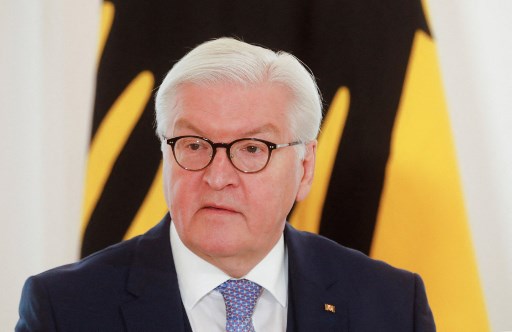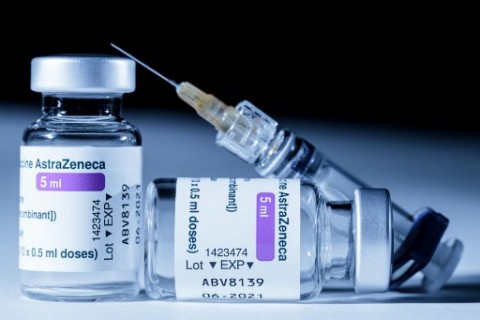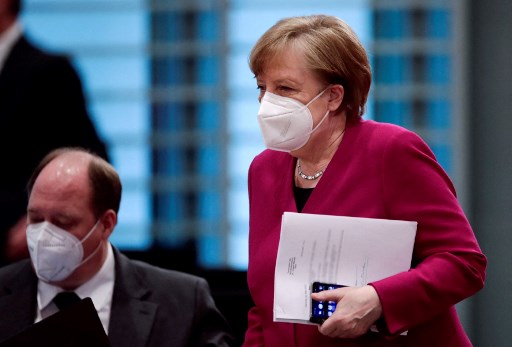
BERLIN, Germany (AFP) — German President Frank-Walter Steinmeier on Thursday received the first dose of AstraZeneca’s Covid-19 vaccine, just two days after authorities recommended use of the controversial jab only for people aged 60 and over.
“I trust the vaccines authorised in Germany,” Steinmeier, 65, said in a statement after getting inoculated at Berlin’s Military Hospital.
“Vaccinating is the decisive step on the path out of the pandemic. Use the opportunities available. Join in!” he added.
German officials have been at pains to shore up public confidence in AstraZeneca’s vaccine, which has been on a rollercoaster ride in Europe.
Germany’s STIKO vaccine commission on Tuesday said it recommended use of the jab only for people 60 and older following concerns over several blood clotting cases among younger recipients of the vaccine.
People under the age of 60 can still take AstraZeneca in consultation with their doctor and if they are fully aware of the potential risks.
German Health Minister Jens Spahn, who is 40 years old, told reporters Thursday that he would be willing to take AstraZeneca “when it’s my turn”.
Chancellor Angela Merkel, 66, has also said she would be happy to be inoculated with the Anglo-Swedish company’s vaccine.
Efforts to talk up the jab’s effectiveness among elderly people were undermined by 71-year-old Interior Minister Horst Seehofer, who told the top-selling Bild daily he had no plans to take AstraZeneca.
“The answer to Jens Spahn’s appeal (to the elderly) is no,” Seehofer said, adding that he had nothing against AstraZeneca but didn’t want to be “patronised”.
Several other countries, including France, Spain and Canada, have also imposed age limits on the AstraZeneca shot over the occurrence of rare but very severe blood clots.
The European Medicines Agency on Wednesday said experts probing links between AstraZeneca’s vaccine and the rare reports of clotting have found no specific risk factors, but are investigating further.

The World Health Organization has also said that the AstraZeneca shot is safe.
– Merkel urges Germans to limit social contacts –
Separately on Thursday, Merkel released a video message urging Germans to limit their social contacts over the Easter break in the coming days.
Europe’s top economy is struggling to rein in a third Covid wave, fuelled by the spread of the more contagious British variant of the virus.

“Doctors and nurses are doing everything they can,” Merkel said, warning that hospitals were filling up with younger people now.
“We shouldn’t leave them alone, but instead support them through our own actions,” she said.
“That means it should be a quiet Easter celebration, in a small circle, with strongly reduced contacts.”
The veteran leader also sought to lift morale by saying expanded mass testing and vaccinations offered “light and hope”.
“We will conquer the virus together,” Merkel said.
© Agence France-Presse







